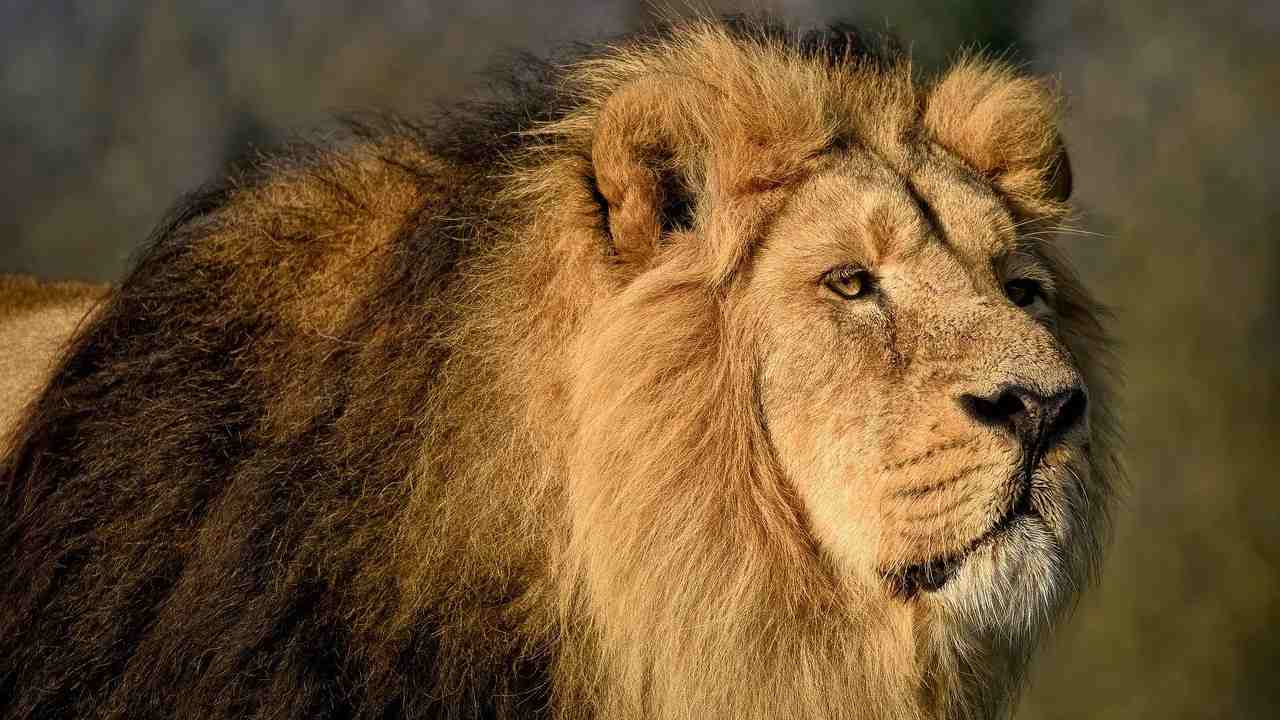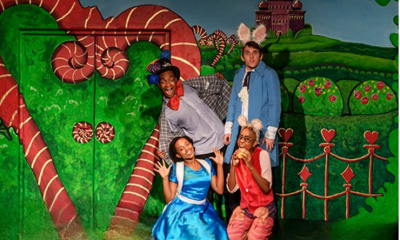News
A day in the life of veterinarian Dr. Hunter – A hero in the animal kingdom

From general health check-ups to faecal sampling for parasites or the day-to-day clinical cases that arise at the Johannesburg Zoo, no two days are the same for Johannesburg City Parks and Zoo (JCPZ) associate veterinarian Dr Gareth Hunter. According to the City of Johannesburg, Hunter is one of three vets at the Johannesburg Zoo who works on the local animals that fall under JCPZ. They often also help out Johannesburg Metropolitan Police Department with its horses and dogs, as well as estates around the city that are home to blue cranes and other birds that belong to JCPZ.
“As a vet, each and every workday is different. No animal can be treated the same because their conditions, health, and well-being are all different,” says Dr Gareth Hunter.
He begins his day by checking in with the animals at the zoo hospital before embarking on his morning rounds, which involve visiting all the animal patients.
“On these visits, we check whether the animals are becoming stronger and recovering or whether their conditions have remained the same and there is a need for further or repeat treatment,” he explains.
After completing the rounds, Dr Hunter leads the morning meeting with the veterinary staff to discuss updates on the different cases, which can vary significantly from day to day. The scheduling of treatments for animals is rarely predictable, as it depends on their conditions when he assesses them.
“As vets, some of the scheduling we can do is health checks on all the animals at the zoo. This also varies largely depending on the species. Certain animals need more regular checks than others. For example, we can perform a full health check on the tigers once a year,” he notes.
Also read: Germiston Bedfordview SPCA addresses euthanisation allegations
Dr Hunter emphasises the collaborative nature of the zoo staff, where zookeepers are responsible for different animals in different sections of the zoo. They conduct daily checks on the animals and notify the veterinary team if any animal displays unusual behaviour, limping, or unresponsiveness, among other concerning behaviours.
Based on the feedback from the zookeepers and thorough examinations by the vet, Dr Hunter decides whether medication can be administered orally or by other means or if the animal needs to be immobilised and taken to the zoo hospital for x-rays and further diagnostic work.
While working with wild animals in the zoological space has always been Dr Hunter’s passion, he acknowledges the emotional challenges of the profession, particularly when animals have little chance of survival.
“Being a vet is often romanticised as saving the lives of animals. However, we are frequently faced with less desirable outcomes where animals lose their lives. Over time, one learns to make tough decisions based on the quality of life the animal will have,” he reveals.
Dr Hunter mentions one of his favourite animals he has treated at the zoo, an older female chimpanzee named Daisy. Administering medication to her twice a day became a unique bonding experience as Daisy cleverly recognised the time for her meds, leading the team to hide it in jelly.
“Being a veterinarian gives me the opportunity to work with animals in a vulnerable state. Being able to save them is the highlight of each day, but being able to ensure ease of pain no matter what makes everything worthwhile,” Dr Gareth Hunter concludes.
Also read:
Environmental crisis – Blesbokspruit ecosystem under threat from repeated sewage spills
Follow us on Google News.

















